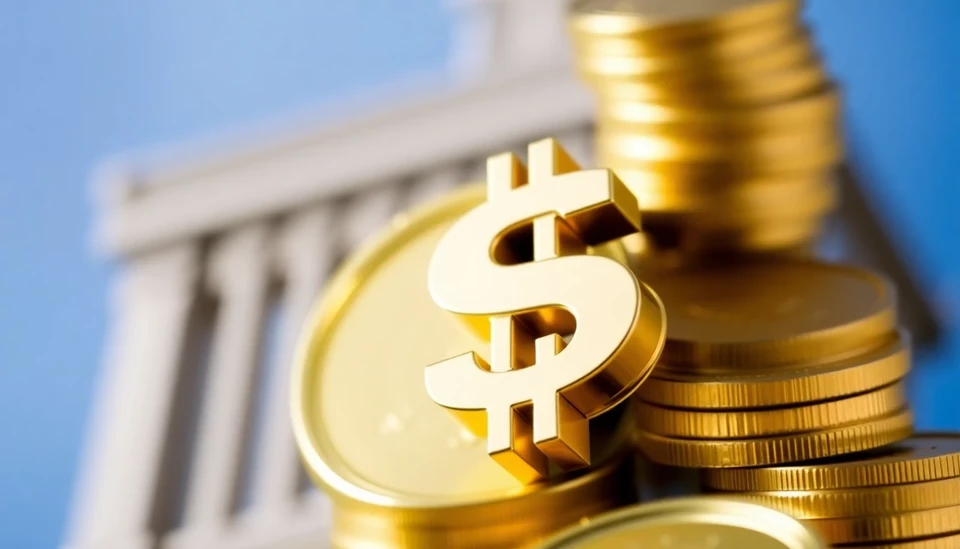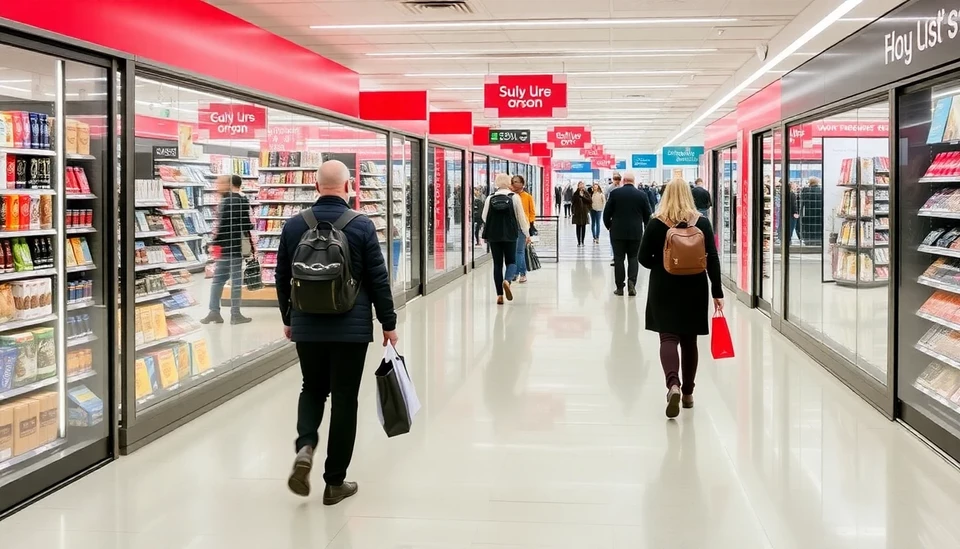
The latest reports indicate a significant decline in US consumer sentiment, as rising price expectations weigh heavily on economic outlook. The consumer sentiment index, a critical measure of consumer confidence, has taken a downward turn, reflecting growing concerns over inflation and its impact on daily life. This decline has raised alarms among economists and policymakers alike, prompting discussions about the potential repercussions on spending and overall economic growth.
According to recent data released by the University of Michigan, the consumer sentiment index fell markedly from the previous month, marking the lowest level observed in years. Falling below the anticipated levels, this slump showcases a stark contrast to previous years when consumer confidence surged. The data revealed that nearly half of surveyed consumers expect prices to continue climbing, spurring worries about higher costs for goods and services in the near future.
Inflation expectations have become a focal point in discussions, as consumers express heightened anxiety over their financial futures. This sentiment is not only indicative of everyday concerns about grocery and fuel prices but also hints at broader implications for the economy. If consumers tighten their spending in response to these concerns, the ripple effects could be felt across various sectors, leading to slower economic growth and potential job market impacts.
Analysts have pointed to several factors contributing to this sentiment decline, including ongoing price increases seen in essential goods, rising interest rates, and geopolitical tensions that have created instability in global supply chains. Many consumers now view these economic conditions with skepticism, questioning their ability to maintain their current lifestyles amidst escalating costs.
Furthermore, the stark difference in sentiment between higher and lower-income households has also emerged as a topic of concern. While higher-income consumers may be somewhat insulated from immediate price impacts, lower-income households feel the effects of inflation acutely, often leading to drastic lifestyle adjustments and spending cuts. This disparity could lead to increased economic polarization, with varying recovery trajectories depending on income levels.
As economists continue to analyze the situation, many are calling for government intervention to stabilize consumer confidence and control inflation. Key measures could include adjustments in monetary policy, targeted fiscal responses, and initiatives aimed at reducing the burden of rising prices on households. However, the balance between fostering economic growth and curbing inflation remains a delicate challenge for policymakers.
In conclusion, the sharp drop in consumer sentiment highlights a worrying trend among US households as price expectations soar. The potential impacts on the economy will be closely monitored in the coming months, especially as consumer spending constitutes a crucial element of economic vitality.
As the situation evolves, staying informed will be essential for both consumers and stakeholders looking to navigate this complex economic landscape.
#ConsumerSentiment #USEconomy #Inflation #PriceExpectations #EconomicGrowth #FinancialOutlook #ConsumerConfidence
Author: Laura Mitchell




